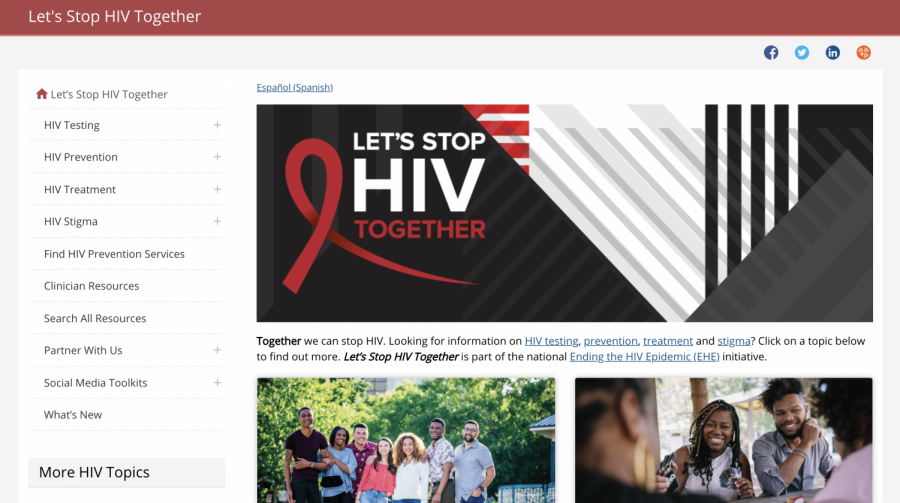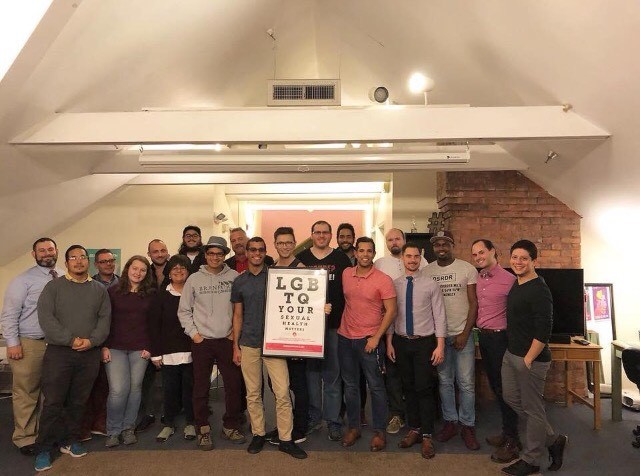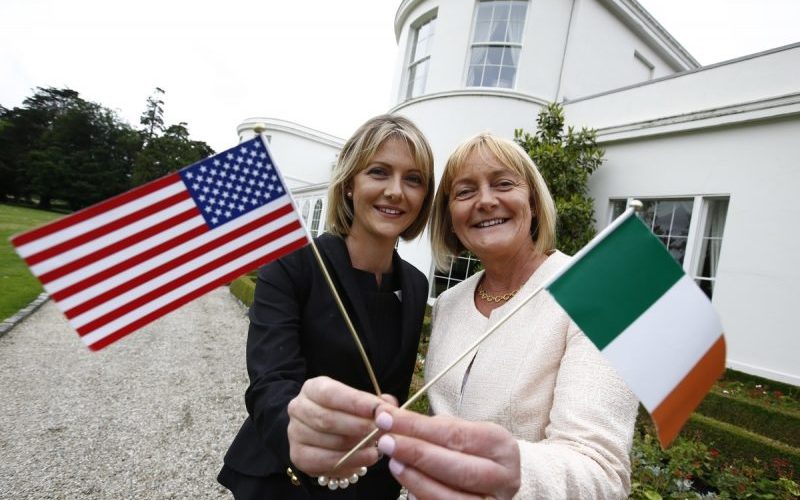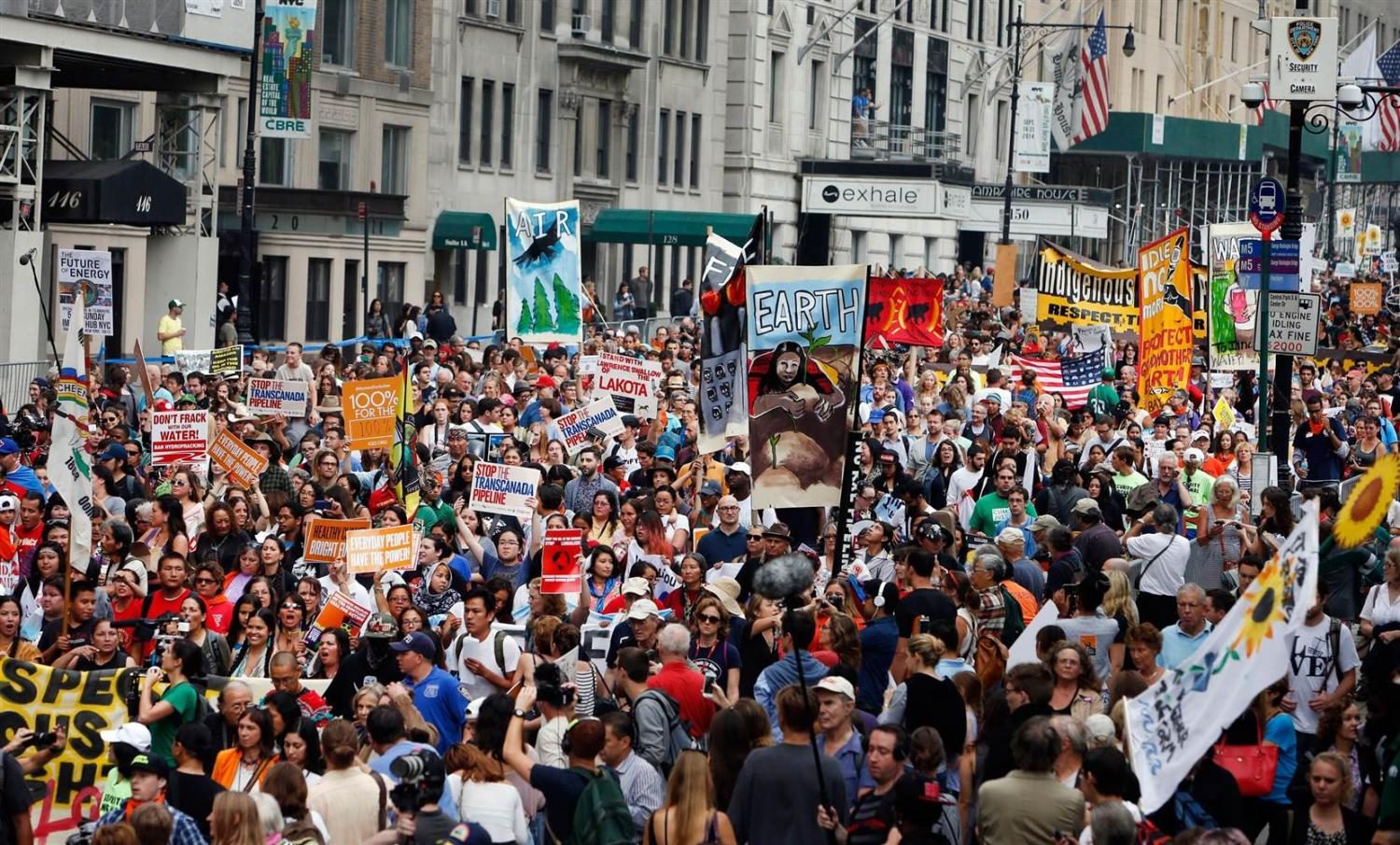Twitter recently decided that it will be implementing a new policy in which tweets will be censored according to country laws. When this news was delivered, tweeters all over the world rose up in outrage. Activists and nonconformists alike tweeted against the new Twitter laws. An Egyptian activist by the name of Mahmoud Salem, also known as @Sandmonkey, tweeted, “This is very bad news,” then later wrote, “Is it safe to say that #Twitter is selling us out?”
The San Francisco-based company decides it will begin country-specific censorship to keep from interfering with local laws. A censored tweet will be removed in the country in which it disobeys the laws, but will still be able to be seen in other countries. Both Thailand and China support Twitter’s new censorship. In the Bangkok Post, Technology Minister Anudith Nakornthap said that Twitter feels “responsible to cooperate with governments to make sure basic rights are not violated through the use of social media.”
In 2006, Yahoo was required to remove an auction item because it was Nazi memorabilia and French law prohibits pro-nazi content; Yahoo lost the appeal. Country specific censorship has been occurring ever since. Since Twitter has stated it will be removing content toward country specific laws, Google and Facebook have admitted to removing content to abide by the same thing.
Before, when Twitter deleted content, it was deleted all over the world. Now, when Twitter deletes content it will be only in the country where the content disobeys the law. On January 26, Twitter released a list of 4,410 tweets that were taken down last year because they were linked to illegally copyrighted material. The only way to find out which way of censorship is more useful is to wait until next year and find out how many tweets have been removed.








